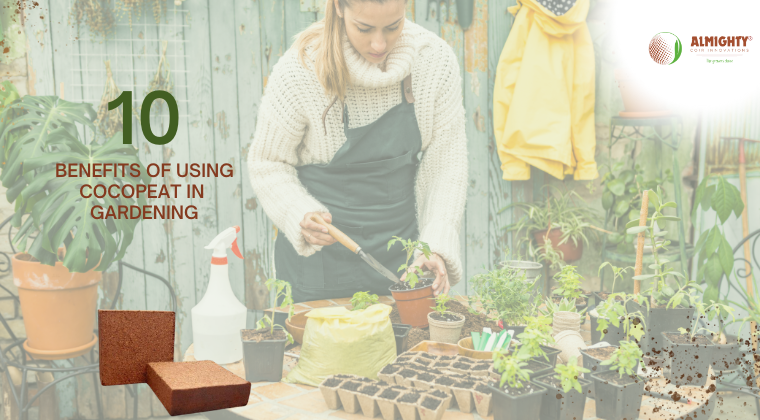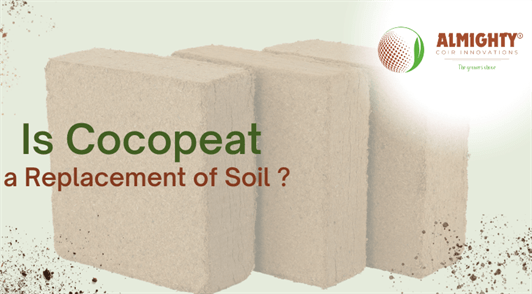Coco Peat Price in India: A Comprehensive Guide for Bulk Importers
Introduction Coco peat, also known as coir pith , is a byproduct of coconut husk processing. It is widely used in horticulture, hydroponics, and soil conditioning due to its excellent water retention, aeration, and sustainability. The global demand for coco peat has surged, especially in countries like the USA, UK,











